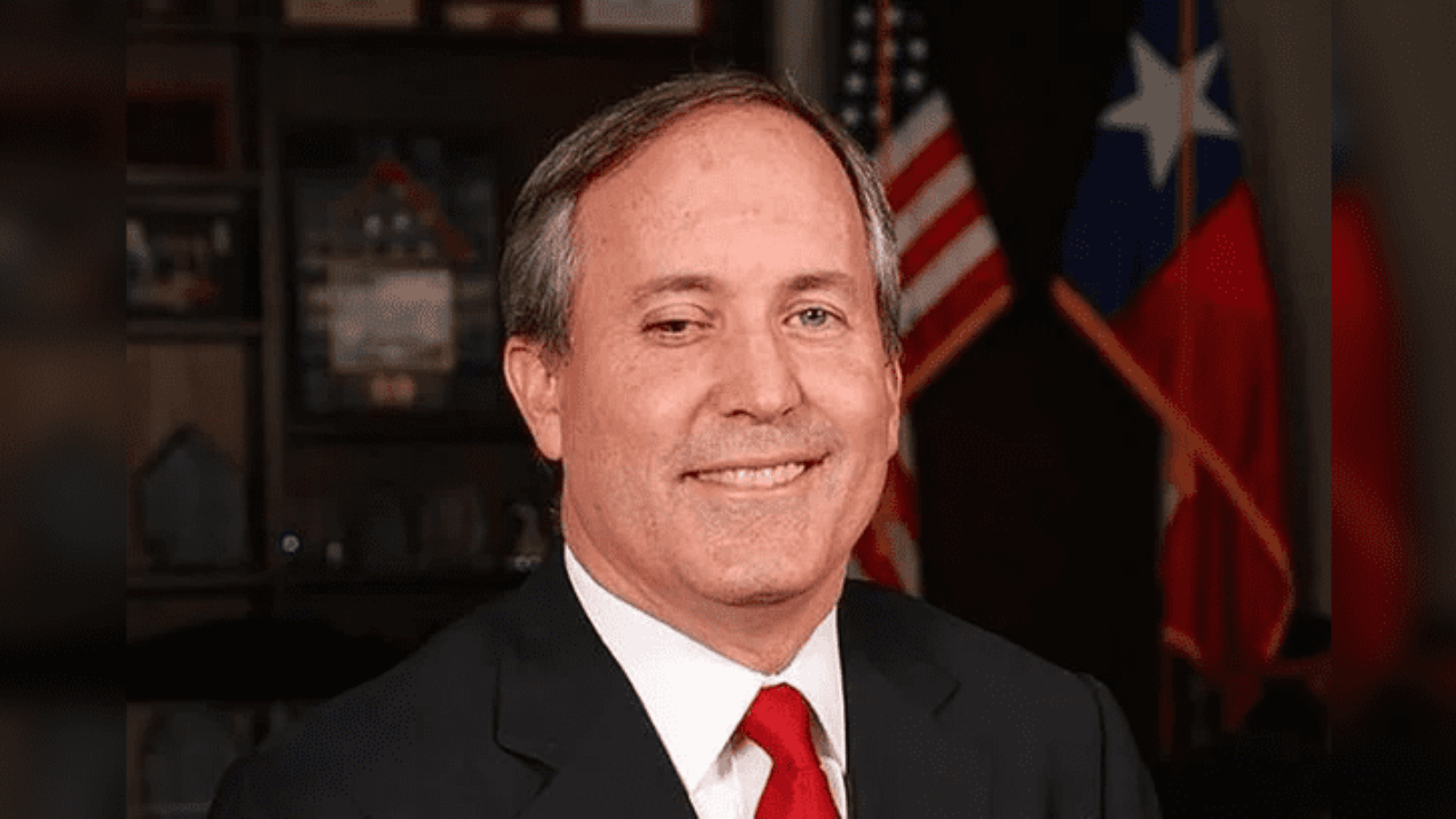ActBlue, one of the most prominent political fundraising platforms in the United States, is at the center of a major controversy as at least 20 state attorneys general and the House Administration Committee investigate allegations of campaign money laundering. These claims, which include a lawsuit filed in Waukesha County, Wisconsin, have sparked questions about the potential use of foreign and fraudulent donations to influence U.S. elections.
The alleged scheme, often referred to as “smurfing,” involves the use of small, frequent donations under stolen identities to funnel substantial amounts of money into political campaigns and political action committees (PACs). This activity was first uncovered by a team led by Peter Bernegger, Chris Gleason, and Phil Allison, and gained widespread attention in 2023 when investigative journalist James O’Keefe’s media outlet, OMG, released videos featuring interviews with alleged victims of identity theft.
Federal Election Commission (FEC) data, analyzed by Bernegger and his team, suggests that thousands of these small-dollar donations—often less than $5—are part of a larger network designed to obscure the source of funds. Bernegger has urged the public to verify this themselves by accessing FEC records and applying filters such as donor occupation (“retired”) or geographic location to uncover anomalies linked to ActBlue.
One particularly shocking case involves a woman named “Sonia,” a resident of an assisted living facility. According to Bernegger’s findings, Sonia has allegedly made 69,433 donations totaling $27.8 million since 2017. This would average out to 7.5 donations per day over seven years—an improbable figure given her circumstances.
Another example uncovered by Bernegger involves 12 individuals named “Robert,” who each contributed exactly 1,786 donations totaling $200,963.87. The donations, occurring at identical times and amounts, point to the possibility of automated systems generating fraudulent contributions.
In the wake of mounting scrutiny, ActBlue updated its policies on September 9, 2024, to automatically reject donations made using foreign prepaid cards, domestic gift cards, and other high-risk payment methods. However, critics, including Bernegger, argue that these changes are insufficient. The policy applies only to accounts created after the update, leaving a significant number of existing accounts untouched.
Bernegger claims there has been no visible decline in suspicious activity since the policy took effect, leading him to raise these concerns directly with the attorneys general investigating ActBlue.
The investigation has also cast a spotlight on prominent political figures, including Democratic Senator Tammy Baldwin of Wisconsin. Bernegger alleges that Baldwin’s campaign has benefited from these questionable donations, claiming her campaign received over $27.8 million in illicit funds since 2017.
In the 2024 election cycle, Baldwin reportedly raised $59.6 million, nearly double the $30.9 million she secured during her 2018 campaign. By comparison, her Republican opponent, Eric Hovde, raised $29.3 million, with $20 million coming from a personal loan. Baldwin’s campaign received 60% of its contributions from out-of-state donors, further fueling questions about the origins of her funding.
Rep. Bryan Steil, chair of the House Administration Committee, disclosed that the investigation includes concerns about potential foreign interference through ActBlue. Nations such as Iran, China, Russia, Venezuela, and Ukraine have been mentioned as possible sources of illicit funds. Bernegger suggested that U.S. financial aid sent to Ukraine could potentially be laundered back into domestic political campaigns via offshore accounts and dark-money PACs.
The accusations extend beyond party lines. Bernegger accused Republican Senator Lindsey Graham of enabling similar activities, suggesting that bipartisan support for Ukraine funding may stem from fears of exposing these alleged operations.
As investigations deepen, ActBlue faces increasing pressure to address the allegations. Critics argue that the platform’s lack of transparency and delayed response to potential fraud has allowed suspicious activities to flourish unchecked.
Bernegger speculated that a potential Trump administration could take decisive action against ActBlue. He also claimed that Rep. Steil intends to involve former Florida Attorney General Pam Bondi in the investigation. Bondi, known for her previous election fraud inquiries, is anticipated to play a key role in addressing these allegations.
The FEC has yet to take significant action, though Bernegger hinted at the possibility of one honest member on the commission pushing for accountability.
The implications of these allegations go far beyond ActBlue. Small-dollar contributions are often seen as a measure of grassroots support, but the revelations cast doubt on the authenticity of such narratives.
As Bernegger aptly noted, “This isn’t just about one party or one platform. It’s about protecting the integrity of our elections and ensuring accountability at every level.”
With investigations by state attorneys general, Congress, and watchdog groups gaining momentum, ActBlue’s future hangs in the balance. The coming months are likely to bring more revelations, forcing voters, lawmakers, and regulators to confront the larger issue of transparency in campaign finance.


AAAHHhhahahahahahahahahahahahahahahahahahahahahahahahahahahah, liberals.
Great how many corrupt people are going to prison or this just another democrat policy to sweep in under the dead bodies. How come after almost 4 years not 1 democrat has been indicted or subpoenaed for any of these criminal crimes even fraud charges. Democrats cesspool swamp definitely needs to be drained and people fired and or in prison enough is enough time to end this long time corruption democrats should be scared sh-t less because people are going to prison this time.